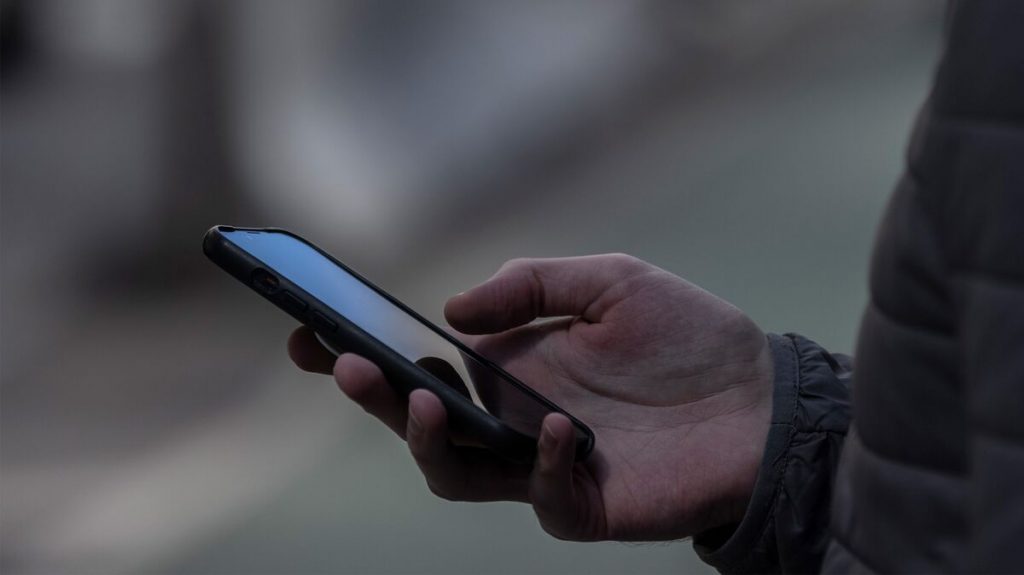In a shocking development, Russia has slammed the National Security Agency (NSA), accusing it of exploiting Apple phones with malware: an alleged “close cooperation” between the tech giant and US intelligence, which Apple vehemently denies. The Federal Security Service (FSB) has provided no evidence to this effect. But while the NSA tight-lipped on the matter, Kaspersky CEO Eugene Kaspersky disclosed that the operation jeopardized the phones of his employees. Dubbing it an intricate and deliberate cyberattack, the prolific cybersecurity researcher claimed that the targets were executives from the top and middle levels of the corporate structure. The onslaught was initially discovered by Kaspersky’s IT experts, who observed anomalous WiFi activity earlier this year and reported it to Russia’s Computer Emergency Response Team.
Kaspersky has confirmed the existence of traces of infection dating back to 2019, indicating that the attack is ongoing. However, the company believes it was not the primary target of this cyberattack. The FSB alleges that the American hackers targeted diplomats from Israel, Syria, China, and NATO member nations. Israeli officials have refrained from making any comments, and representatives from China, Syria, and NATO have not provided an immediate response.

This incident has raised concerns regarding the surveillance capabilities of the United States, which holds the top position as the world’s cyber power, according to the Belfer Center Cyber 2022 Power Index by Harvard University. Russia’s foreign ministry has criticized the utilization of software vulnerabilities in U.S.-manufactured mobile phones for concealed data collection, suggesting that U.S. intelligence agencies have been capitalizing on IT corporations for extensive data collection, often without the users’ knowledge.
Russian officials have underlined that the Federal Security Service (FSB), along with the Federal Guards Service (FSO), was crucial in thwarting this scheme. Russian officials have frequently expressed doubts about the security of American equipment. The spokesman for the Kremlin, Dmitry Peskov, has asserted unequivocally that gadgets like iPhones are “absolutely transparent” in terms of security.

According to rumors that surfaced earlier this year, due to worries about possible vulnerabilities to Western espionage agencies, the Kremlin encouraged personnel working on the preparations for the impending 2024 presidential election to forego using Apple iPhones. As the situation continues to unfold, it remains to be seen how these allegations and denials will impact international relations and the public perception of technology security.


